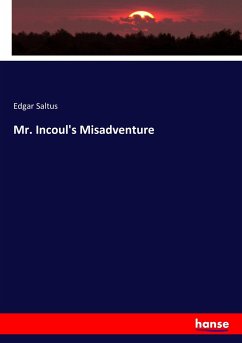The idea of "the great American novel" continues to thrive almost as vigorously as in its nineteenth-century heyday, defying 150 years of attempts to dismiss it as amateurish or obsolete. In this landmark book, the first in many years to take in the whole sweep of national fiction, Lawrence Buell reanimates this supposedly antiquated idea, demonstrating that its history is a key to the dynamics of national literature and national identity itself.
The dream of the G.A.N., as Henry James nicknamed it, crystallized soon after the Civil War. In fresh, in-depth readings of selected contenders from the 1850s onward in conversation with hundreds of other novels, Buell delineates four "scripts" for G.A.N. candidates. One, illustrated by The Scarlet Letter, is the adaptation of the novel's story-line by later writers, often in ways that are contrary to the original author's own design. Other aspirants, including The Great Gatsby and Invisible Man, engage the American Dream of remarkable transformation from humble origins. A third script, seen in Uncle Tom's Cabin and Beloved, is the family saga that grapples with racial and other social divisions. Finally,mega-novels from Moby-Dick to Gravity's Rainbow feature assemblages of characters who dramatize in microcosm the promise and pitfalls of democracy.
The canvas of the great American novel is in constant motion, reflecting revolutions in fictional fashion, the changing face of authorship, and the inseparability of high culture from popular. As Buell reveals, the elusive G.A.N. showcases the myth of the United States as a nation perpetually under construction.
The dream of the G.A.N., as Henry James nicknamed it, crystallized soon after the Civil War. In fresh, in-depth readings of selected contenders from the 1850s onward in conversation with hundreds of other novels, Buell delineates four "scripts" for G.A.N. candidates. One, illustrated by The Scarlet Letter, is the adaptation of the novel's story-line by later writers, often in ways that are contrary to the original author's own design. Other aspirants, including The Great Gatsby and Invisible Man, engage the American Dream of remarkable transformation from humble origins. A third script, seen in Uncle Tom's Cabin and Beloved, is the family saga that grapples with racial and other social divisions. Finally,mega-novels from Moby-Dick to Gravity's Rainbow feature assemblages of characters who dramatize in microcosm the promise and pitfalls of democracy.
The canvas of the great American novel is in constant motion, reflecting revolutions in fictional fashion, the changing face of authorship, and the inseparability of high culture from popular. As Buell reveals, the elusive G.A.N. showcases the myth of the United States as a nation perpetually under construction.








